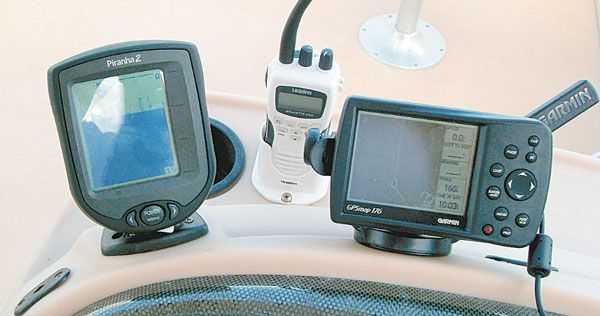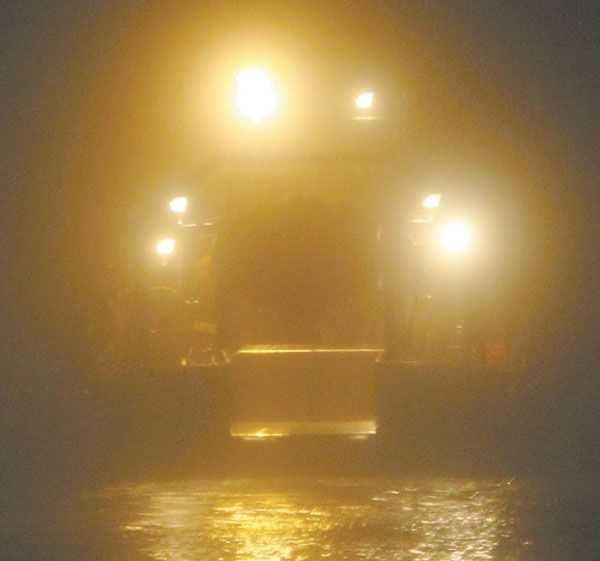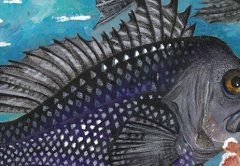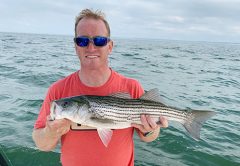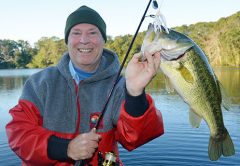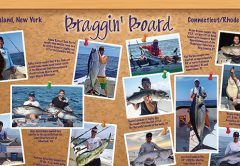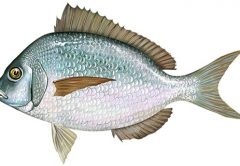In the Bubble
I probably shouldn’t admit this. Hell, I should probably be writing about “situational awareness,” or chanting Safety First. I really should, after way too many years on deck, know better. Still, I love fishing in fog or snow—in the bubble.
Having taken more than a few watches in thick fog, I’ll acknowledge that being charged with an entire crew’s safety when you can’t see the bow of the boat you’re steering is more than a little nerve-wracking. It involves putting an awful lot of faith in your fellow mariners—a grim proposition given the number of $300,000 sport boats we’ve all seen resting five feet above the high tide mark on jetties or an occasional coastal back yard—and additional faith in one’s radar and GPS. In the old days, it was about compass course and wristwatch, followed by a ton of squinting and trying to follow familiar sounds—the blasts of another vessel’s horn, a hooter buoy, a foghorn, or the sound of the breakers—above the drone of diesel engines underfoot.
Here in 2015, it’s the same drill, except that we have more blinking screens trying to distract us from what we really need to be doing: Squinting and listening, trying to keep tabs on land masses and other targets inside the radar’s half-mile range—pausing occasionally from the former tension to ponder all the logs that came off their respective beaches and went back out into circulation with the last moon tides.
Then again, for all the reasons I should probably be wound PTSD tight in no-vis conditions, my inner philosopher-deckape still loves standing on a pitching deck in can’t-see-the-bow-from-the-anchor-box fog.
It’s a total shake-up of our instincts about distance. That is, winging butterfish chunks into the void at, say, the Fishtails, or hauling gillnet in 30 fathoms, it’s easy to forget the expanse of water that lies beyond “the bubble”—that impenetrable dome of low-hanging water vapor. Spain’s a l-o-n-g haul east and south. Bermuda, Africa, South America? After long hours—days even—in the void, our relationship with space gets wildly distorted, so that, when the shroud finally lifts, we’re about flattened by the long view. Good God, man, it’s an ocean! Oh, the horror! Where… are… my… sunglasses?!
I don’t quite understand why it’s so, but there’s something exhausting about working on an expanse of open ocean, no visual reference points to ground us in space. For me, it’s as if some part of my head is working literally 24-7 to keep its bearings—the way a cell phone will roam itself dead trying to orient itself offshore. When the deck’s socked in, I stop fretting about where I am—and here’s the googan part—let the captain worry about that. I realize how sadistic that sounds—reaping the rewards of another man’s immediate misery. I also realize how stupid that sounds. I have rationalized this two ways: first, there’s a reason I don’t travel far with captains I don’t trust implicitly, and on those rare occasions when I’m out in fog with a guy whose skills I doubt, I live the ugly half of fog— high alert at all times. Beyond that, the number-one most critical thing when you work on the water is to stay calm at all times. Fretting because you can’t fall back on distance-vision is counterproductive and probably dangerous. Put another way, in the fog, I realize I can’t control the vapor in the air, so I don’t try; I make the best of it.
There are other bonuses to fishing in fog. For one thing, zero-vis conditions tend to thin the herd quite a bit, leaving much more room to work out on the grounds. For another, the secrecy part of fishing is much easier. It’s easier to avoid notice as you sneak on to one of your pet wrecks, no longer worried about all the other skiffs trying to climb up your backside, mug you up. And last, a tiny bonus for the career deckapes of the world: fog keeps everything damp, heads off all that baked-on goodness that keeps some folding green in Mr. and Mrs. Soft Scrub’s pockets.
To be honest, though, I seldom think much when I stand on a socked- in deck. Maybe that’s the real appeal of fishing in the bubble. Dealing with long fetches is part of the life at sea. As much as 360-degree water all the way to the horizon breeds a kind of humility found nowhere else in life, the opposite—being at once adrift on endless water and blanketed in a cloud—offers a different but equally renewing shift from the everyday perspective. These days, I take thick fog as a reminder to keep it short- range, to stop worrying about what’s biting along the horizon and stay rooted in the joys of the foreground.
[easy-social-share]

